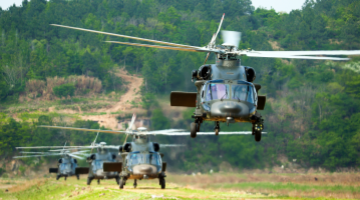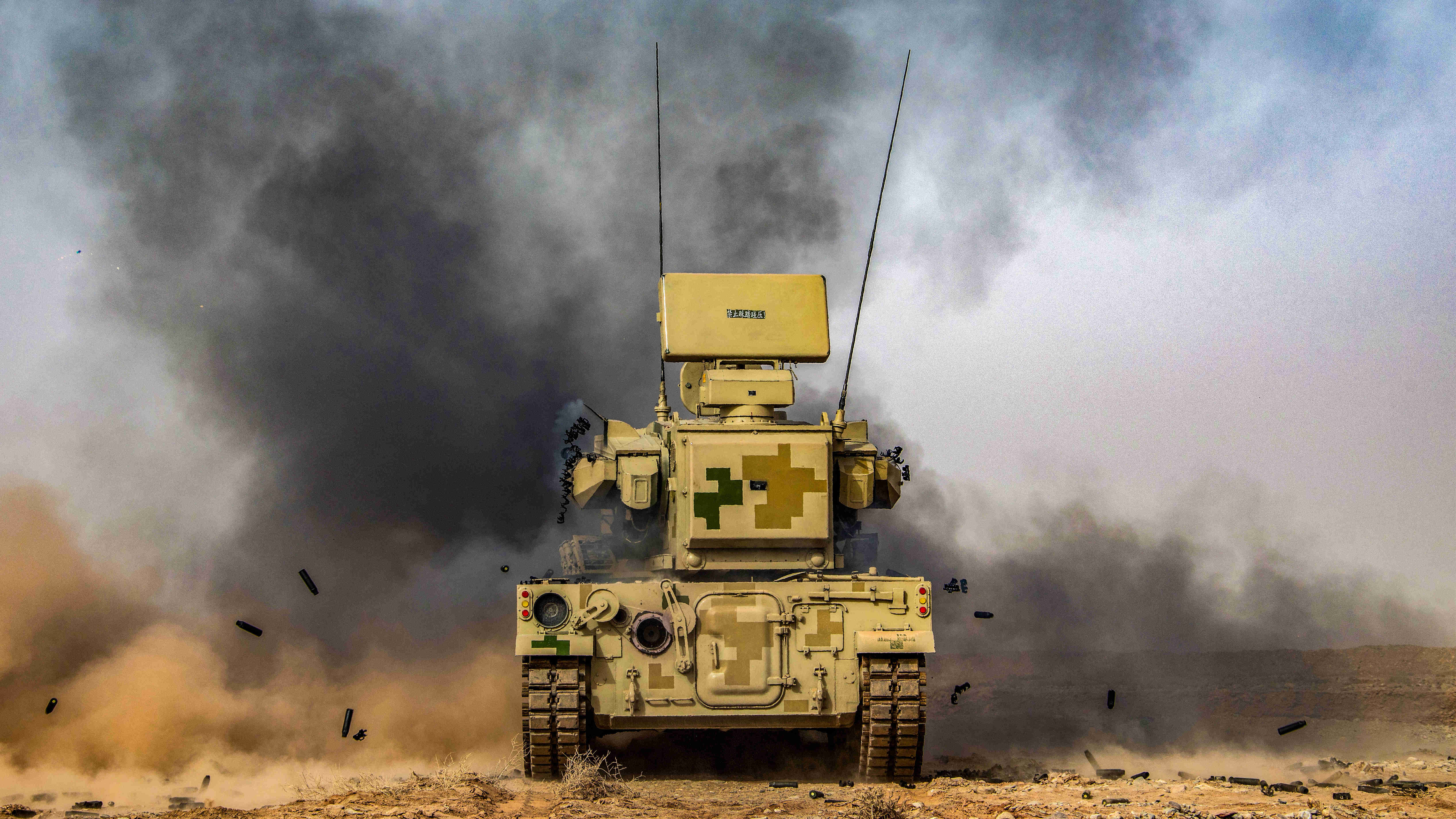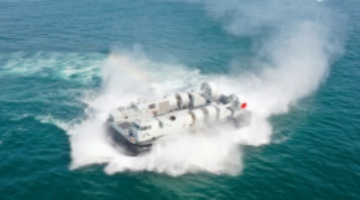By Feng Yasong
The ROK's Ministry of Foreign Affairs recently said that it would strengthen "substantive cooperation" with NATO. In recent years, the ROK has actively moved closer to NATO, signed agreements, and cooperated with NATO, and the ROK's leaders have participated in NATO summits for two consecutive years. However, as a tool for the US to incite group confrontation and maintain hegemonic interests, NATO will not bring ROK the security it wants, but will only push the ROK in the opposite direction, bringing turmoil and unrest to the Asia-Pacific region.
In recent years, NATO has frequently extended its tentacles to the Asia-Pacific, wooing the ROK, Japan, and other Asia-Pacific countries by selling security anxiety and other means, and continuously increasing its power projection in the Asia-Pacific. After President Yoon Suk-yeol of the ROK took office, the relationship between the ROK and NATO has made significant progress, and the ROK has become one of the important focuses of NATO's "Asia-Pacificization".
In June 2022, as the first president of the ROK to participate in the NATO summit, President Yoon Suk-yeol proposed a plan to set up representative offices in each other's country with NATO. During the NATO summit in July 2023, the two sides signed the Individual Partnership and Cooperation Program (IPCP) covering multiple fields. The ROK has announced its plan to join NATO's Battlefield Information Collection and Exploitation Systems (BICES) and exchange military intelligence with NATO member states. Not long ago, the ROK participated in NATO's Cyber Coalition 2023 for the first time as a "NATO partner". The ROK government always follows the US-led NATO's "Asia-Pacificization".
The turmoil NATO creates around the world is well known. The ROK government's claim to safeguard its security interests by strengthening "close cooperation" with NATO may be counterproductive. As a product of the Cold War, NATO still adheres to the zero-sum game and confrontational mentality. Under the leadership of the US, it constantly seeks to expand its geographical boundaries and scope of activities and has repeatedly provoked wars and conflicts. Since the end of the Cold War, NATO has created division and chaos wherever it goes. NATO bombed Yugoslavia, launched a war in Afghanistan in the name of "anti-terrorism", invaded Iraq, launched air strikes in Libya, and escalated the crisis in Ukraine, bringing huge disasters to the local people. Moon Chung-in, a professor at Yonsei University, pointed out in a Hankyoreh newspaper column that instead of preventing war through diplomatic efforts, the ROK government has been stepping up trilateral military coordination with the US and Japan along with cooperation with NATO, which has increased the ROK people's security concerns. The Northeast Asia region may return to the precarious security environment of the Cold War period, wrote Moon.
As the world's largest military organization, NATO is essentially a tool for the US to maintain its hegemony. Against the background of the current turbulent international security situation, NATO continues to meddle in extraterritorial affairs and create confrontations. Its expansion ambitions and hegemony plots are clearly exposed. NATO's continued offensive posture of expansion into the Asia-Pacific region is an attempt to copy the tactics of provoking and even creating confrontation in Europe to the Asia-Pacific and it is harmful to the regional situation. The ROK government should realize that continuously strengthening cooperation with NATO is tantamount to setting a fox to keep one's geese.
NATO's eastward expansion into the Asia-Pacific will only stir up regional tensions, trigger confrontation between different camps and even a "new cold war" or "new hot war". It goes against the trend and reverses the course of history, so it will find no support. Asia-Pacific countries do not welcome it, and many NATO countries do not support "NATO's Asia-Pacificization". The Asia-Pacific region does not need an "Asia-Pacific version of NATO". This region is a highland for development and cooperation, not a geopolitical arena. Pursuing peace, seeking cooperation and promoting development are the general trend of the Asia-Pacific region and the aspirations of the people.
If the ROK continues to follow the US Indo-Pacific Strategy and cooperate with NATO war chariots to drive into the Asia-Pacific, it will ultimately damage its own interests and worsen regional situation. The ROK should stand with the vast majority of countries in the Asia-Pacific region and stand on the right side of history, instead of being an accomplice that endangers regional peace and stability and the interests of the people of all countries.









